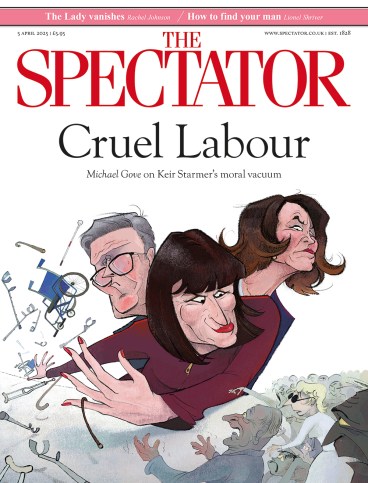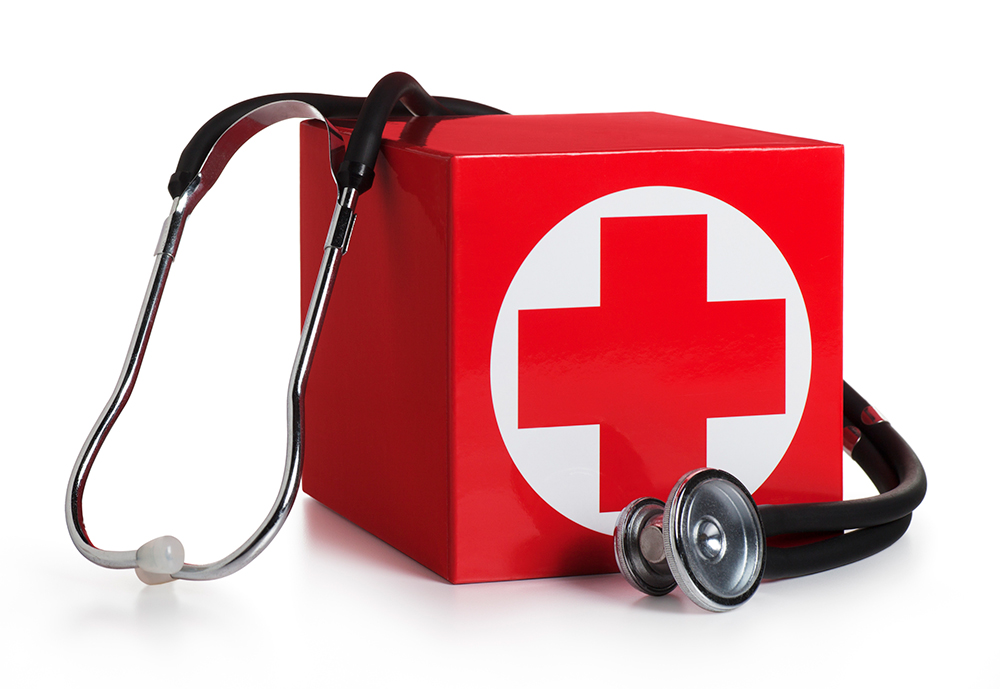
I was having a drink in the Bishops’ Bar in the House of Lords last month when I was introduced to a 92-year-old peer called Lord McColl of Dulwich. I asked him if he’d known my father, Michael, who was made a life peer in 1978. Had they overlapped? He told me he hadn’t merely known him; he’d operated on him.
If I have mild indigestion I think I’ve got stomach cancer; if I get a headache I decide it’s a brain tumour
I realised with a start that the man I was talking to was the famous surgeon Ian McColl, who was made a life peer in the Queen’s birthday honours list in 1989. As professor of surgery at Guy’s Hospital, he treated my father for bowel cancer in 1983, an operation so successful that Michael had gone on to live for another 19 years. He always attributed this to the skill of Lord McColl.
Meeting him was a poignant experience, and not just because he may have saved my father’s life. It was also a reminder that Michael got cancer at the age of 66, when he was just five years older than I am. My mother wasn’t so lucky. She died of ovarian cancer when she was just 63. I’ve never done 23andMe, but I would imagine my polygenic risk score for contracting cancer in the next few years is above average. My father went on to develop liver cancer, prostate cancer and bone cancer – and the latter was probably what killed him at the age of 86.
To compound my risk, my father and mother lived far healthier lives than I do.









Comments
Join the debate for just £1 a month
Be part of the conversation with other Spectator readers by getting your first three months for £3.
UNLOCK ACCESS Just £1 a monthAlready a subscriber? Log in